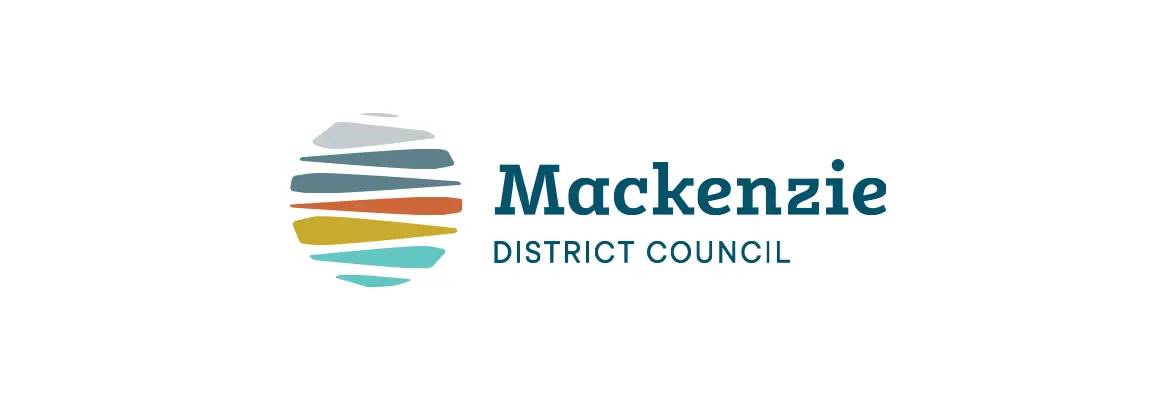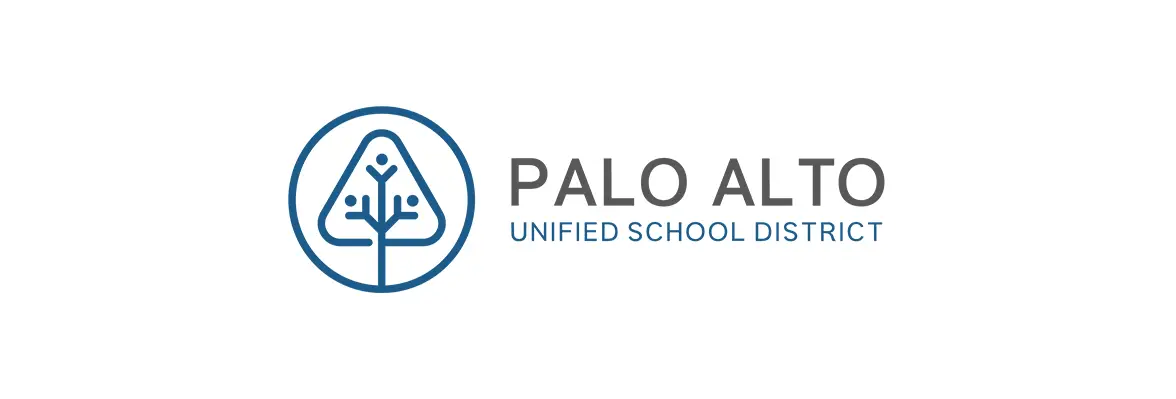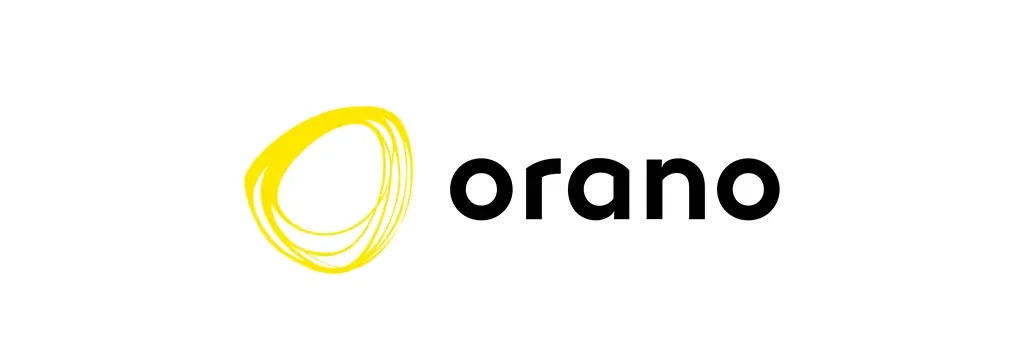Prosper Scales Town Services with Laserfiche
6 min read
SITUATION
In 2020, the Town of Prosper created a continuous process improvement program based on lean practices. As a part of this effort, the town aimed to eliminate paper-driven processes and manual tasks across various departments in order to meet the demands of the town’s growing population.
SOLUTION
The IT department began by replacing the paper applications for the town’s boards and commissions with a Laserfiche form. After experiencing Laserfiche’s ease of use, the department expanded with more electronic forms for the municipal court and the public works departments.
RESULTS
In addition to reduced opportunity for error and a streamlined staff experience, the time the public works department spends on the water equipment readings process has been cut by 75% or more. The department estimates it has saved more than 100 hours annually by re-engineering the process.
The Town of Prosper is a fast-growing suburb with small-town charm, located 30 miles north of Dallas at the crossroads of U.S. 380, Preston Road and the Dallas North Tollway in Collin and Denton Counties. Prosper sits on 27 square miles and is home to more than 35,430 people. A home-rule municipality, governed by a council-manager form of government, the town has full-time fire and police departments, including its own dispatch service. As the Town grows to its projected build-out population of 70,000 residents, Prosper’s vision is to remain a “Place Where Everyone Matters.”
Prosper is a town within Texas’s Dallas-Fort Worth-Arlington metropolitan area that has experienced tremendous growth in recent years. With a projected build-out population of 70,000 — double its current population — the town’s IT department has had the foresight to prioritize increased efficiency, implementing processes and solutions that will help the town scale with growth and continue delivering high quality public services.
As a part of this effort, IT has leveraged Laserfiche enterprise content management (ECM) in various departments as a channel for process modernization and efficiency. The town started by replacing the paper applications for the municipality’s boards and commissions with a Laserfiche form. After experiencing Laserfiche’s ease of use, the department expanded with more electronic forms for the municipal court and the public works departments.
“We’re utilizing Laserfiche for what it’s good at, which is routing information, filing it into a system that makes it easy to search, easy to retrieve and easy to maintain with retention guidelines,” said Leigh Johnson, director of information technology at the Town of Prosper. “Anywhere that we can get a department to start using it more we’re trying to do so.”
Johnson’s vision puts digitization and centralization at the forefront, reducing opportunity for human error while providing a streamlined staff and citizen experience when interacting with the town’s information. Laserfiche supports this vision, as the town continues to explore new ways to leverage Laserfiche’s robust records management, electronic forms and integration capabilities.
Supporting Town Services Through Process Modernization
The Town of Prosper recently implemented a continuous improvement program with the ultimate goal of maintaining a high quality of service to the town’s growing population. This initiative led the IT department to explore opportunities for new efficiencies within existing technologies and processes.
“From the moment I started digging into Laserfiche, I thought ‘This is really slick,’” Johnson said. “I learned about forms and workflow, and we decided at some point that we needed to be utilizing it more and get some training on it.”
The IT department tapped the town’s Laserfiche solution provider, MCCi, for support and training on the platform, which inspired new ideas and opened doors to more advanced solutions.
One of the first Laserfiche-driven process improvements was done in collaboration with the town secretary, who wanted to modernize the way people applied to be on one of the town’s boards or commissions. Like in many municipalities, Prosper’s application was previously done on paper and the process was entirely manual.
“Any place we can eliminate inefficient processes, whether they are paper or otherwise, is going to benefit us,” Johnson explained.
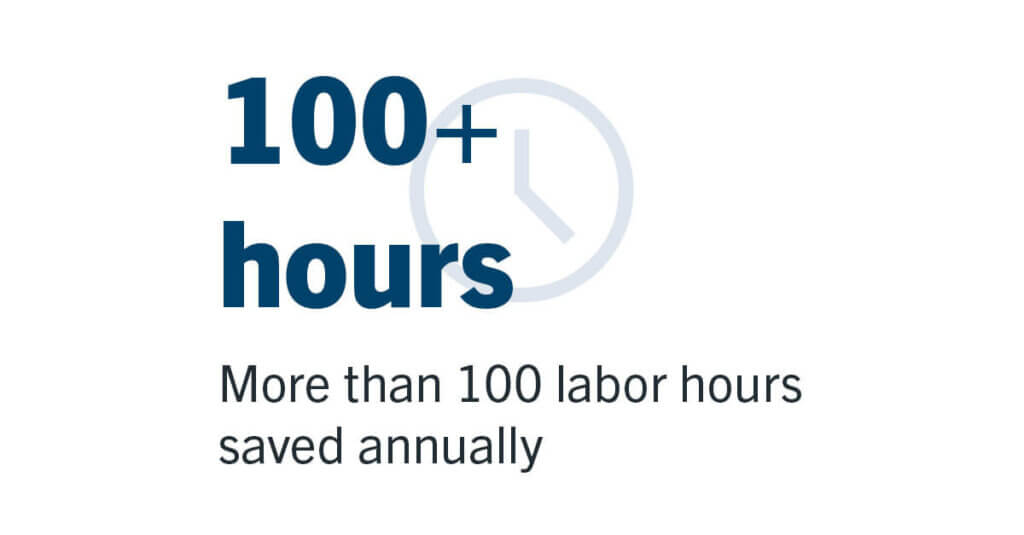 The new process allows applicants to fill out a digital Laserfiche form on the town’s website. Applicants attach their resumes; information is filed in Laserfiche and assigned a retention schedule, lessening the burden of managing paper records hidden in a filing cabinet.
The new process allows applicants to fill out a digital Laserfiche form on the town’s website. Applicants attach their resumes; information is filed in Laserfiche and assigned a retention schedule, lessening the burden of managing paper records hidden in a filing cabinet.
When COVID-19 arrived, the IT department saw an increased need for digital forms to help decrease foot traffic to Town Hall. Building on their knowledge of Laserfiche forms, the team built several new forms, including:
- Hearing requests
- Attorney document submittals
- Jury summons response
“Laserfiche became our go-to, because it was existing platform and we knew how easy it was to build a form with minimal training,” Johnson added.
Expanding Digital Transformation Across Town Departments
After their experience with creating some helpful Laserfiche forms for the town secretary and municipal courts, the IT department was ready to take on a more complex challenge. The team identified a legacy process that the public works department used daily to collect readings from equipment (such as water meters) at public works facilities throughout the town.
Previously done using a stack of paper comprising a sheet for each facility, the process involves field workers who drive out to each site to take readings from the equipment and note the relevant numbers by hand.
“Employees would then go back to the office and transcribe the information into what I called a ‘dirty log,’ which is basically another piece of paper where numbers could be erased and redone, mustard or coffee could be spilled on it,” Johnson said. Numbers were then transferred into a “clean log,” which could be kept as record and shown to the Texas Commission on Environmental Quality (TCEQ) during audits. “There were so many opportunities for numbers to be input incorrectly, and it was very time consuming.”
With support from MCCi, the Town of Prosper IT team reimagined the process using Laserfiche, which made the readings available to supervisors back in the office in real time. The new process involves equipping field workers with tablets and enabling them to enter readings digitally into a Laserfiche form. The forms presented a list of facilities and, depending on which facility the field worker selected, the form would dynamically change fields for different types of readings. Field workers electronically sign the form, which would also automatically be geotagged with the location of the facility.
“The public works department wanted another way to verify that a person was at the facility, so that if there was ever any question about it, we would have that signature and geotag,” Johnson said.
Field workers then move onto the next facility and repeat the process. If a supervisor in the office notices an anomaly with any of the information entered, they can immediately notify the field worker to take another reading.
“Before, they have even gotten back to the office before a supervisor could notify them that something looked off, so we’re saving more time and fuel as well,” Johnson added. “As they submit the numbers, they are written to an SQL database. We also file the forms in Laserfiche by month. When TCEQ comes out to do the audit now, instead of having to look through a file folder, we’ve got all the forms filled out, timestamped, geo-tagged, signed, and we know we went out there and did readings as we’re required to do. It’s much more efficient, and it’s updated in real-time.”
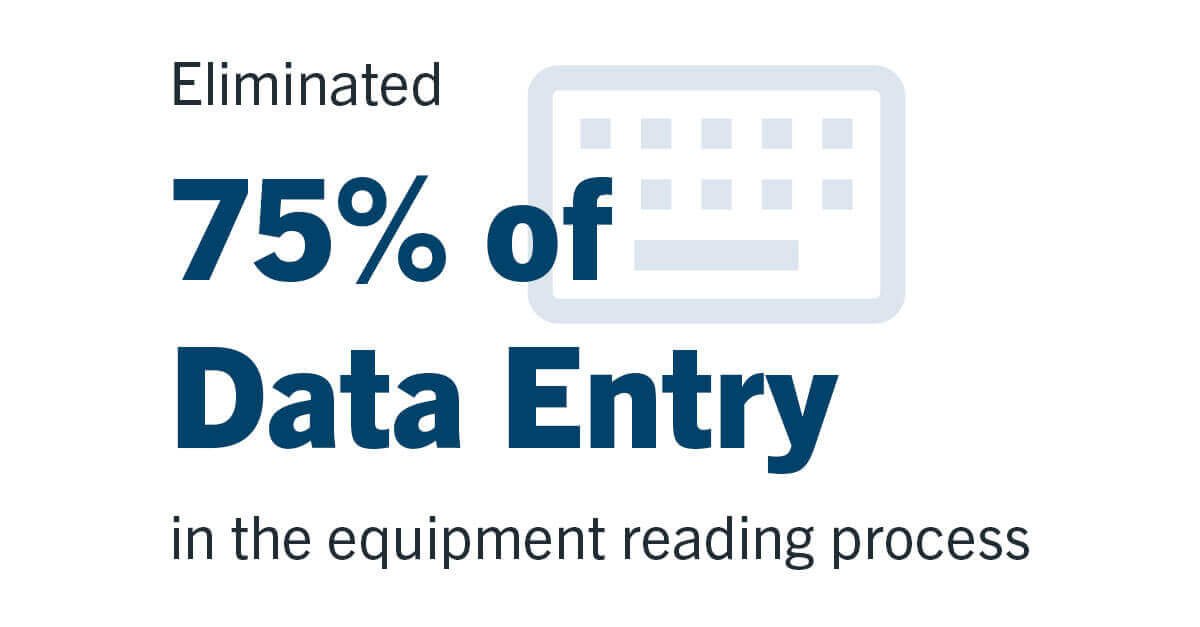 In addition to supporting the auditing process, the new equipment readings form has reduced the opportunity for error by eliminating 75% of the legacy process’s manual data entry. Johnson also estimates that the new process saves at least two hours per week in manual transcription, all of which results in huge efficiency gains for the public works department.
In addition to supporting the auditing process, the new equipment readings form has reduced the opportunity for error by eliminating 75% of the legacy process’s manual data entry. Johnson also estimates that the new process saves at least two hours per week in manual transcription, all of which results in huge efficiency gains for the public works department.
Today, the IT department is working on integrations to create even more connectivity and efficiencies. An integration between Laserfiche and the town’s enterprise permitting and licensing system, for example, will enable the planning department to streamline records management by auto-filing paperwork related to permitting and licensing into Laserfiche. The human resources department, too, has embraced a digital approach to managing content and exploring new solutions.
“We went from having just one form for the boards and commissions application to creating dozens,” Johnson said. “We are growing so fast — we have lots of new employees starting, which has been the trend in recent years. So we’re not slowing down; we can’t slow down. There’s so much growth. Residents are very engaged and they demand a lot. Laserfiche is an example of one of the ways we can use technology to scale our services.”

